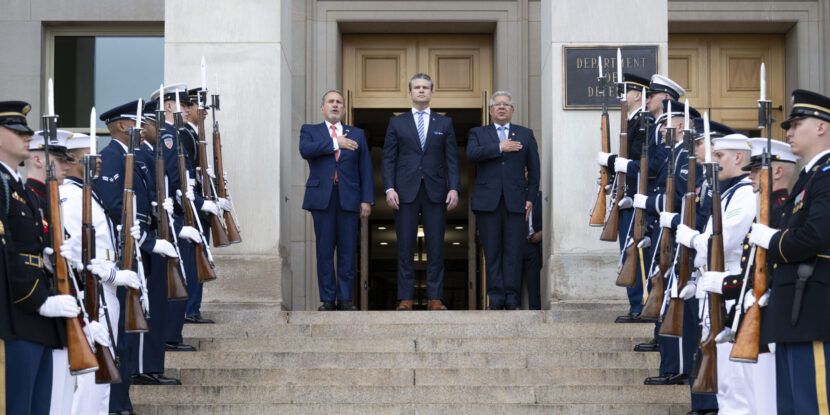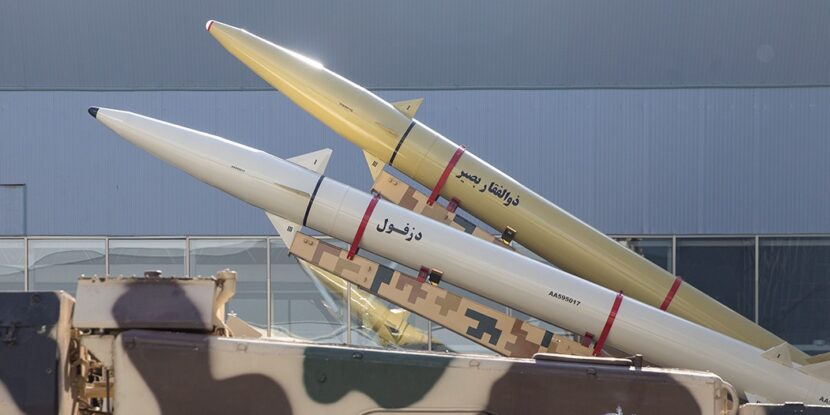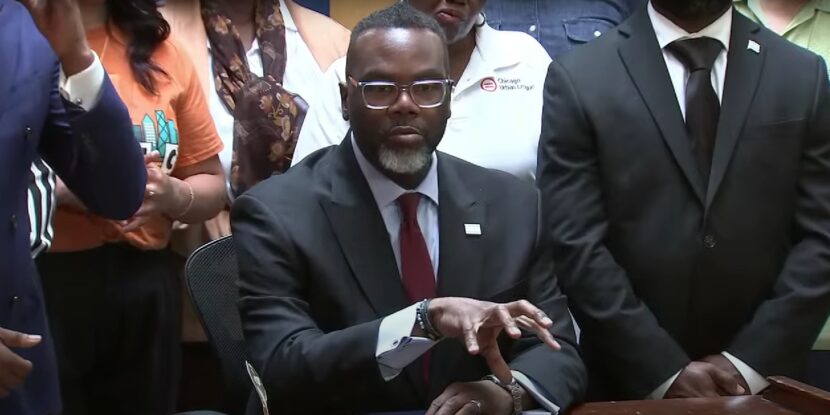PULSE POINTS:
❓What Happened: Secretary of Defense Pete Hegseth says the Pentagon will begin reducing administrative bloat, refocusing the Defense Department on warfighters and military readiness, starting with a 20 percent reduction in the number of four-star generals and admirals.
👥 Who’s Involved: Secretary of Defense Pete Hegseth, President Donald J. Trump, the Pentagon, senior military officials.
📍 Where & When: Monday, May 5, 2025.
💬 Key Quote: “We won World War II with seven four-star generals. Today we have 44. Do all of those directly contribute to warfighting success? Maybe they do—I don’t know—but it’s worth reviewing to make sure they do,” Hegseth said at a town hall earlier this year.
⚠️ Impact: The reforms are aimed at cutting administrative bloat in U.S. defense and refocusing efforts towards warfighters and military readiness, building a leaner and more prepared military.
IN FULL:
President Donald J. Trump‘s Secretary of Defense, Pete Hegseth, says the Pentagon will begin reducing administrative bloat, refocusing the Defense Department on warfighters and military readiness. As part of the first stage of this process, Hegseth announced late Monday that the U.S. military will reduce its number of four-star generals and admirals, aiming to cut senior staff by an estimated 20 percent. Additionally, Hegesth is directing the National Guard to reduce the number of general officers by 20 percent and to cut another 10 percent of all flag and general officers.
In the memo directing the cuts, Hegseth argues that in order to “drive innovation and operational excellence,” the U.S. military must be “unencumbered by unnecessary bureaucratic layers that hinder their growth and effectiveness.” He explained that part of the plan to achieve this goal requires “removing redundant force structure to optimize and streamline leadership by reducing excess general and flag officer positions.”
The Defense Secretary, announcing the senior officer reductions in a post on X (formerly Twitter), stated: “We’re going to shift resources from bloated headquarters elements to our warfighters.”
Pentagon critics have long pointed to the department’s top-heavy bloat, with senior leaders behaving more like politicians than commanders, with some not having seen combat in decades. “We won World War II with seven four-star generals. Today we have 44,” Hegseth said in February, adding: “Do all of those directly contribute to warfighting success? Maybe they do—I don’t know—but it’s worth reviewing to make sure they do.”




















